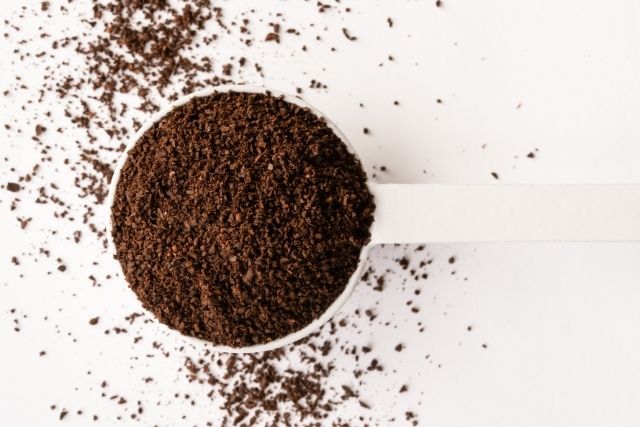How to deodorize a refrigerator
What does your fridge smell like if you sniff it now? If it smells nice, everything is fine. But if it smells weird, you might need to clean it well.

Smells can mean food is going bad or something has spilled, attracting germs that can make your food unsafe. Here are green tips to remove fridge odors to stop food from getting contaminated and keep bad smells away.
How to Deodorize a Refrigerator: 9 Green Cleaning Solutions
Baking soda

Baking soda is a well-known natural way to remove fridge odors. Put it in an open container and leave it in your fridge for a day to eliminate smells.
Charcoal

The charcoal used to freshen your fridge is the same kind you’d use for BBQs. Just place two cups of charcoal cubes in an open container and put it at the back of your fridge. Remember to tell your kids about these deodorizers to prevent them from thinking they’re chocolate treats.
Ground coffee

Coffee beans are well-known for getting rid of fridge smells. Spread ground coffee on a plate and leave it in the fridge for a day.
After a day in the fridge, you can reuse the coffee grounds as plant fertilizer. Just mix it with the soil, and it’s ready to use.
Lemon (with baking soda, and salt)

Using these three methods together works well for quickly fixing a smelly fridge. They remove bad smells fast and add a fresh scent to your refrigerator.
Here’s what to do:
- Cut a lemon into pieces about 2 to 3 cm thick.
- Sprinkle 2 to 3 tablespoons of baking soda and table salt onto the lemon slices.
- Put the lemon slices on a shallow, uncovered plate.
- Leave the plate in your fridge for up to 6 days. You’ll start smelling a fresher scent in your fridge after a few hours.
Tip: You can use an orange instead of a lemon.
Oatmeal
Oats are not just good for absorbing fridge odors; they’re also great for general house cleaning because they can soak up smells, oil, and liquids well. Simply place some uncooked oats in an open container and leave it in your fridge.
Potatoes
Potatoes are great at absorbing odors, just like oatmeal. Peel a potato, chop it into small pieces, and place it in your fridge. Replace it every few days for the best odor control.
Used tea bag
Put some used tea bags in an open container or a small bowl and place it in your fridge. The tea leaves will soak up the bad smells and give your fridge a fresh scent. Remember to change the tea bags every 3 to 4 days for the best smell control.
Vanilla extract
Wet one or two cotton balls with a few drops of vanilla extract. Then, put these cotton balls into a shallow dish and place it at the back of your fridge.
Vinegar
Pour a bit of vinegar on a small paper towel and put it in a small bowl or open container. Leave it in your fridge for at least a day to get the effect you want. Remember to change the towel every few days or whenever it dries out.
How to stop your fridge from smelling
Regularly check what’s in your fridge
It’s a good idea to thoroughly clean your fridge every three to four months. Throw away old sauces, any wilted vegetables, or leftovers that have gone bad. Also, clean any containers that have spills or food on them.
Wash all the surfaces, shelves, and bins that you can remove from your fridge. After cleaning them with soapy water, put them back and arrange the space to suit your needs.
Use older items before newer ones
To keep your fridge clean, place older or food that spoils quickly at the front and within easy reach. Put items that last longer in other spots. This helps you use up food before it goes bad.
It’s easier to keep things organized with a fridge that has a lot of storage space and doors that can be adjusted to fit different items.
Delay food going bad
Fruits and vegetables need to be kept in a moist environment to stay fresh, crunchy, and full of flavor for a longer time. However, if it’s too damp, they might rot, and if it’s not damp enough, they might dry out.
The crispers in some advanced refrigerators control humidity with a special feature that automatically gets rid of extra moisture. This helps to cut down on fogging and prevents food from spoiling too soon.
Monitor temperatures
As a general rule, stick to 4°C below to slow down bacteria growth. However, other items may require different temperatures to keep their freshness and flavour, like meat at -2°C or some fruits at 7°C.
To keep items in the best conditions, use a compartment with adjustable temperature settings that range from -23°C to 7°C. This lets you choose the perfect temperature for different types of food.
A fridge that smells fresh means the food inside tastes better and stays good for longer. Having a refrigerator that’s easy to keep clean can help with this.